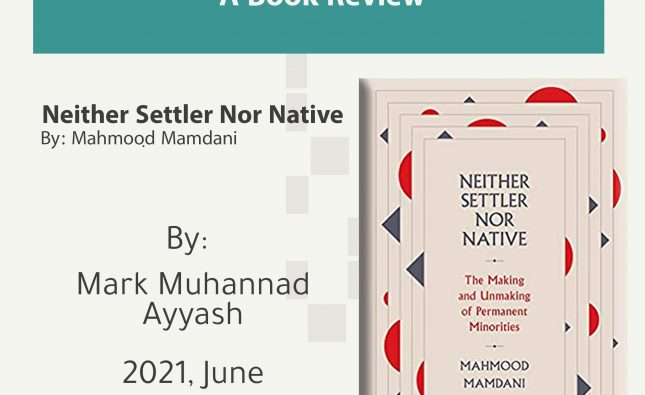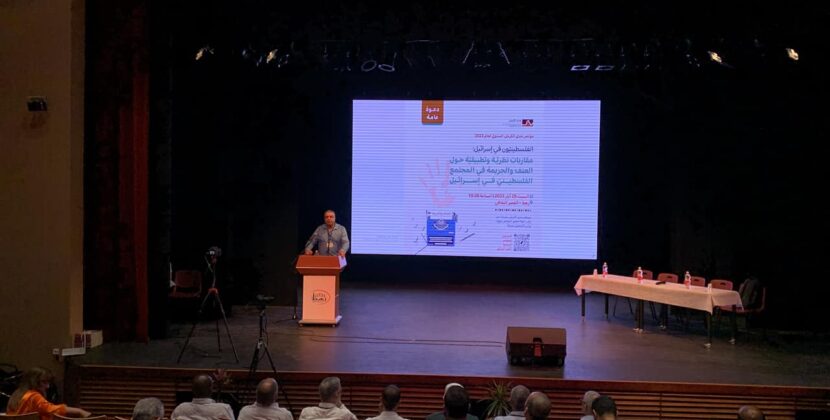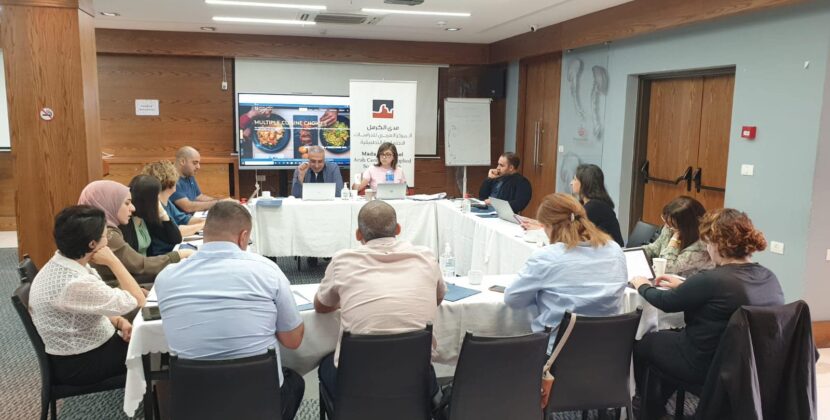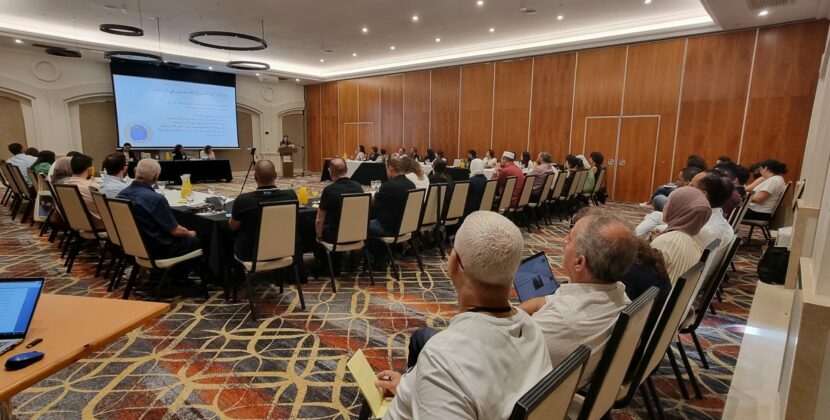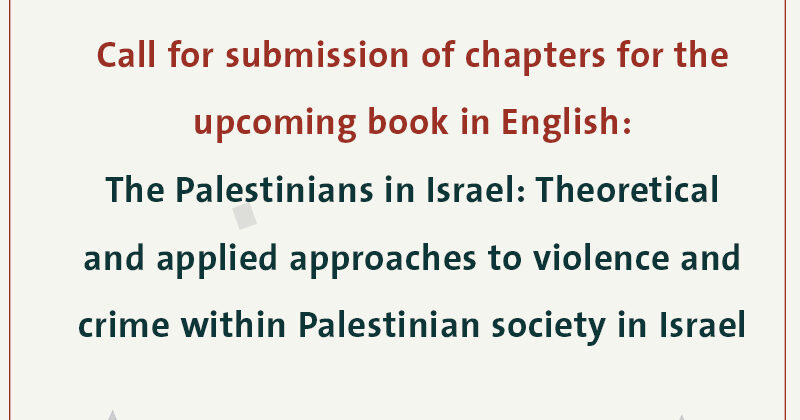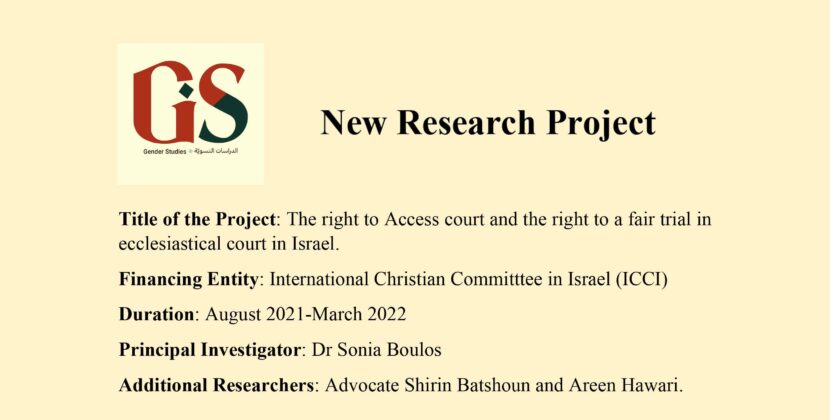On March 12th, Mada al-Carmel held an event in honor of the release of a special edition of the journal Biography entitled “Life in Occupied Palestine.” Guest co-editors of the issue, Dr. Cynthia G. Franklin and Dr. Morgan Cooper, spoke on their motivation for engaging such a project and the process of identifying topics and authors, and contributors Professor Nadera Shalhoub-Kevorkian and Mr. Raja Shehadeh spoke on their contributions and other works relating to the work of Biography. Dr. Franklin is a professor at the University of Hawai’i at Manoa, she spoke about the importance of personal experience in overcoming the obstacles of addressing the Palestinian situation in academia, as the process of fact-checking is often used to erase or monitor information. She points to the indisputable nature of personal experiences as being a powerful method of resistance against claims of bias, as memories of personal experiences cannot be erased. She also spoke on the common occurrence in which academic anti-Zionist critique is interpreted as anti-Semitic sentiment, and evidence is discarded under these perceived “biases.”
Mr. Raja Shehadeh is a Palestinian lawyer for human rights and author. In speaking about his article in the special edition “Towards a New Language of Liberation: An Interview,” he commented on how language used to describe Palestinians has changed so much throughout history; first they were called “citizens of Mandate Palestine,” then “infiltrators,” “meddlers,” and “terrorists.” He recalled how “infiltrators”– those who had returned to their lands after being driven out in 1948, could only be spoke about in whispers by their neighbors. He also addressed the unwillingness of younger generations to learn from previous ones, as events unfolded in 1948, then 1967, then during the Oslo Accords. “How impossible it has been for people to learn from one another,” he said.
(L to R) Morgan Cooper, Cynthia G. Franklin, Nadera Shalhoub-Kevorkian, Raja Shehadeh
Dr. Morgan Cooper provided information to the background and the process behind the special issue. She first pointed to the geographic divisions between Palestinians and how this is reinforced by the language used to describe them: Palestinians in the West Bank, Palestinians in Gaza, Palestinian in ’48. She therefore pointed to the conscious choice she and Dr. Franklin made to use the term “Palestinians in Occupied Palestine,” and to accept authors and pieces about life in all three areas. Their second principle articulated a desire to draw attention to the everyday struggle under occupation; Dr. Cooper gave the example of the complications of simply purchasing a car and registering it, something she experienced during her life in West Bank, Their third guiding principle in the special edition was attempting to capture the progression and connection between the historical colonial project to the methods of colonial oppression today.
Prof. Nadera Shalhoub-Kevorkian stated her motivations for contributing to the special edition. Much of her work addresses the topics raised in conversation, such as the experiences of “infiltrators,” whom she calls “returnees” in light of their criminalization by the state. She spoke of an incident which occurred to her and the co-author of the piece for this issue, Sarah Ihmoud. While returning from a conference in Amman, Jordan, Ms. Ihmoud was stopped at the border and denied entry. The stressful experiences of both women waiting to re-enter the land (Shalhoub-Kevorkian is from Haifa and Sarah Ihmoud from Turmus Ayya, near Ramallah) inspired them to write “Exiled at Home: Writing Return and the Palestinian Home.” Their article addresses the phenomena of a home space being an exile, of the inability to escape the colonial settler project even at home.
The entire special edition of Biography is available on Project Muse here at no cost.






